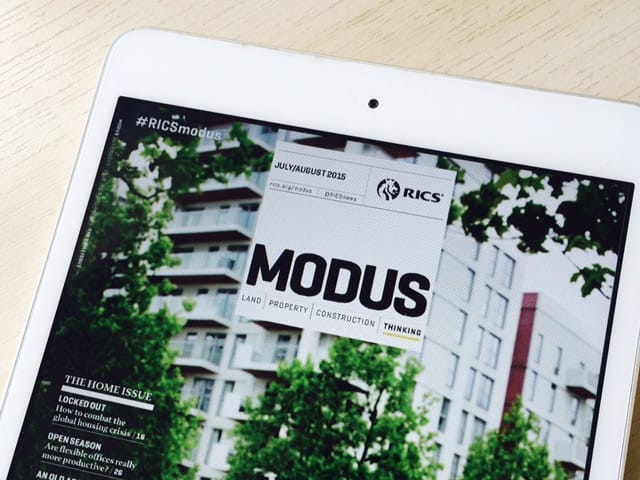
My business is not a well-known brand name so, in order to attract really good talent, we offer flexible working. Our staff want to work hard, but they also want to have some balance in their lives. I employ 12 full time staff, but there are days when there are only two or three people in the office. Our office is a meeting place – our staff work from home or are on site with clients. Because they don’t need to be at our Oxford office everyday, they can live much further away, so I can access a greater pool of talent. My staff are highly qualified and experienced people, even though the business is still very much an SME (small or medium enterprise).
My business has cloud-based systems in place that measure project profitability and so, if someone isn’t delivering, it will soon be picked up. Staff are accountable for the work they do. We also meet with clients to ensure they are happy with the work being done. The company also has a fortnightly conference call to exchange ideas and support one another. However, I might only see some of my staff once a quarter.
Some businesses create working environments where staff burn out. But if you do not provide autonomy to your employees, you end up with a different set of behaviours and this will be reflected in the result. Employers should want to create businesses in which staff play to their strengths, want to work and, as a result, will want to deliver. My employees often do work beyond their contracted houses, but they do it because they want to, not because I ask them to.
Read the original article as well as the other side to the argument in RICS Modus Magazine

